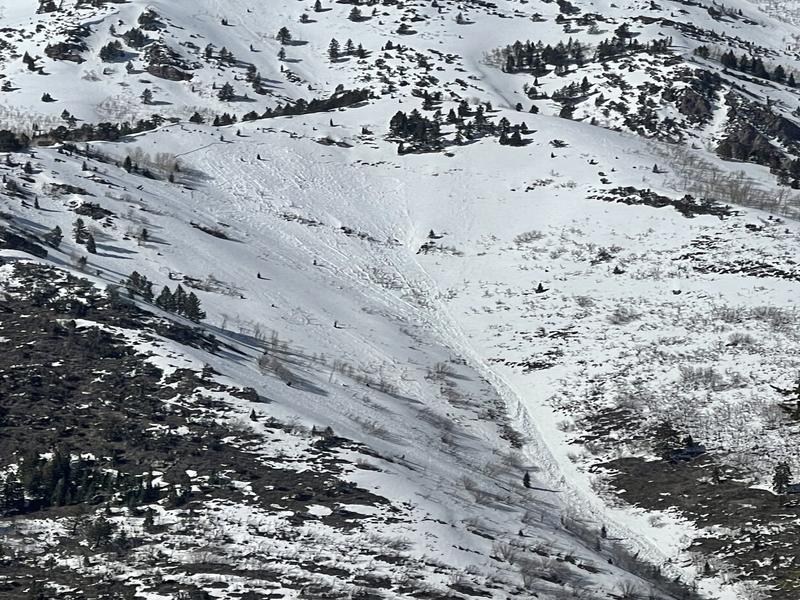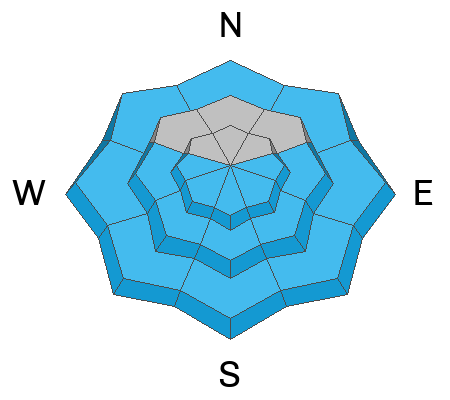Forecast for the Salt Lake Area Mountains

Issued by Greg Gagne on
Friday morning, April 12, 2024
Friday morning, April 12, 2024
The overall avalanche danger is LOW this morning and rises to MODERATE on steep aspects facing west, south, and east at the low and mid elevations as the snow warms. Avalanche activity may involve smaller loose-wet snow avalanches and larger wet slabs. Both natural and human-triggered cornice falls are possible.
Timing is everything - move off of steep slopes once the snow becomes wet and unsupportable.

Low
Moderate
Considerable
High
Extreme
Learn how to read the forecast here









